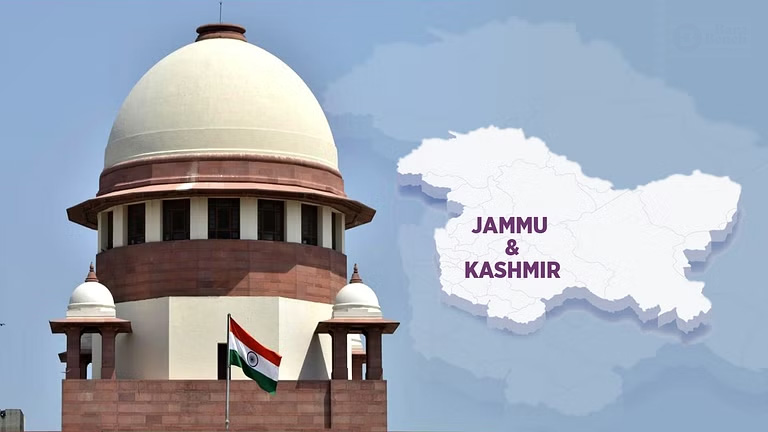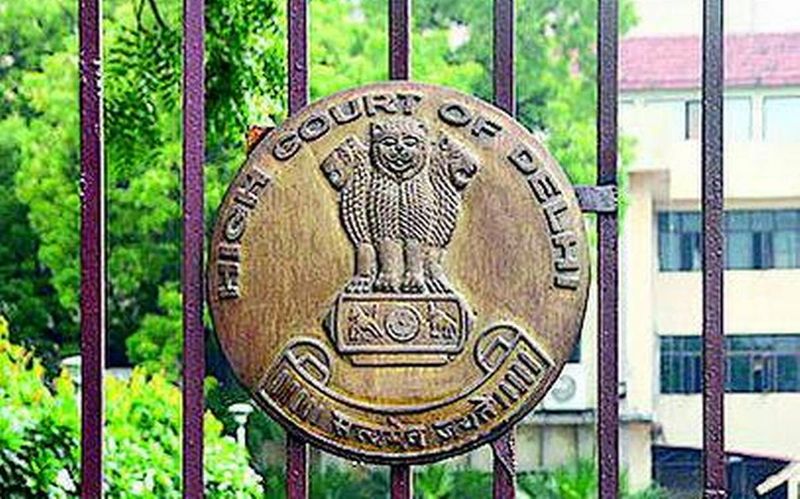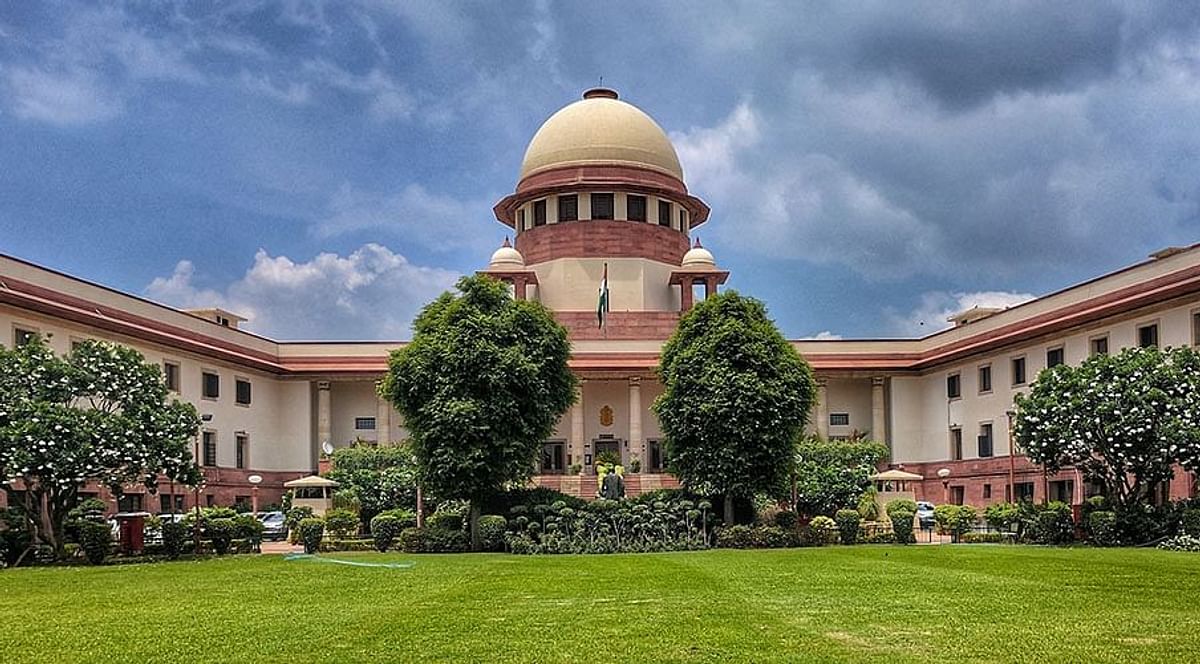Justice (Retd) SK Kaul, a member of the constitution bench that delivered the unanimous judgment on Kashmir, addressed the aftermath of the verdict in an interview with NDTV. The five-judge bench, led by Chief Justice of India DY Chandrachud, had ruled earlier in December that Article 370 of the Constitution, providing special status to Jammu and Kashmir, was temporary and its removal adhered to the correct legal procedure. The decision disappointed many in the Kashmir Valley, sparking ongoing political discussions.
Justice Kaul emphasized that the unanimous decision reflected the opinion of the five judges, acknowledging that people might differ in their views. He stated that the issues before the bench revolved around the temporariness of Article 370 and whether the correct legal procedure was followed by the Centre. Justice Kaul considered the removal of the "shell" of a "slightly different procedure" used for Jammu and Kashmir's assimilation into India as a political decision.
Reflecting on the absence of a state assembly, Justice Kaul defended the court's decision based on the ground reality and the authority vested in the Centre. While he acknowledged that people were entitled to different opinions, he reiterated that the unanimous decision indicated the judge's belief in the correctness and legality of the actions taken.
Addressing the emotional aspect of the issue, Justice Kaul, who retired on December 25, expressed the need to acknowledge that "there is something wrong." Drawing parallels with the South African model, he suggested moving forward by focusing on acknowledgment of wrongdoing and implementing a system of apology, rather than seeking retribution or revenge.
On December 11, the Supreme Court's unanimous judgment upheld the Centre's decision to revoke Article 370 and bifurcate Jammu and Kashmir, while directing the restoration of statehood at the earliest. While accepting the legal aspects, the political leaders in Kashmir indicated that the "struggle" would persist, underscoring the ongoing complexities surrounding the region's political landscape.








 OpinionExpress.In
OpinionExpress.In















Comments (0)